Very Short Question Answers: The Wonderful World of Science | Short & Long Answer Questions for Class 6 PDF Download
Q1: What drives humans to explore and ask questions from a young age?
Ans: Curiosity
Q2: What is science?
Ans: A way of exploring and understanding the universe
Q3: What does science involve?
Ans: Making observations, asking questions, making hypotheses, doing experiments, and figuring out the results
Q4: Why is curiosity important in science?
Ans: It drives the desire to learn and understand more about the world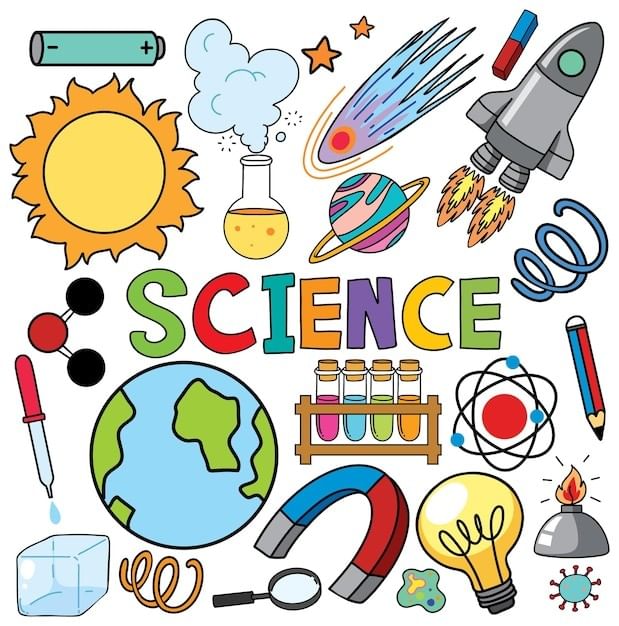
Q5: Give an example of being curious and doing a bit of science.
Ans: Taking apart a toy to see how it works
Q6: What does science help us do?
Ans: Answer questions and solve mysteries
Q7: Why do stars shine in the night sky according to science?
Ans: Due to reactions happening inside them
Q8: What helps plants know when to bloom?
Ans: Light and temperature
Q9: Why is Earth special?
Ans: It is the only planet we know that has life
Q10: What are ecosystems?
Ans: Different environments like forests, oceans, deserts, and wetlands, each with its own plants, animals, and conditions
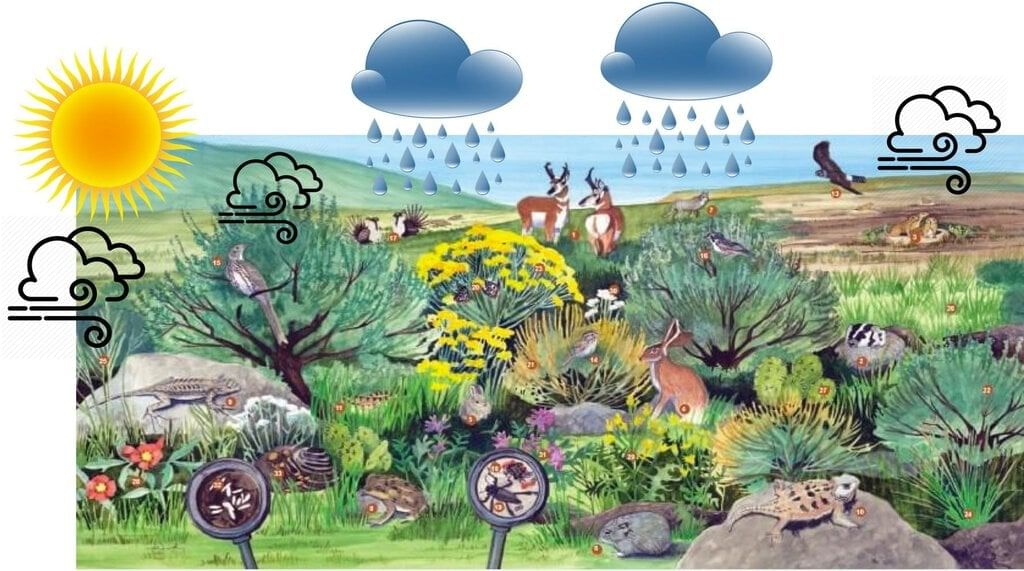 Q11: What does food give us?
Q11: What does food give us?
Ans: Energy and helps us grow
Q12: Why is water essential for life?
Ans: We need it to survive
Q13: What are the three states of water?
Ans: Solid (ice), liquid (water), gas (steam)
Q14: At what temperature does water freeze?
Ans: 0°C
Q15: At what temperature does water boil?
Ans: 100°C
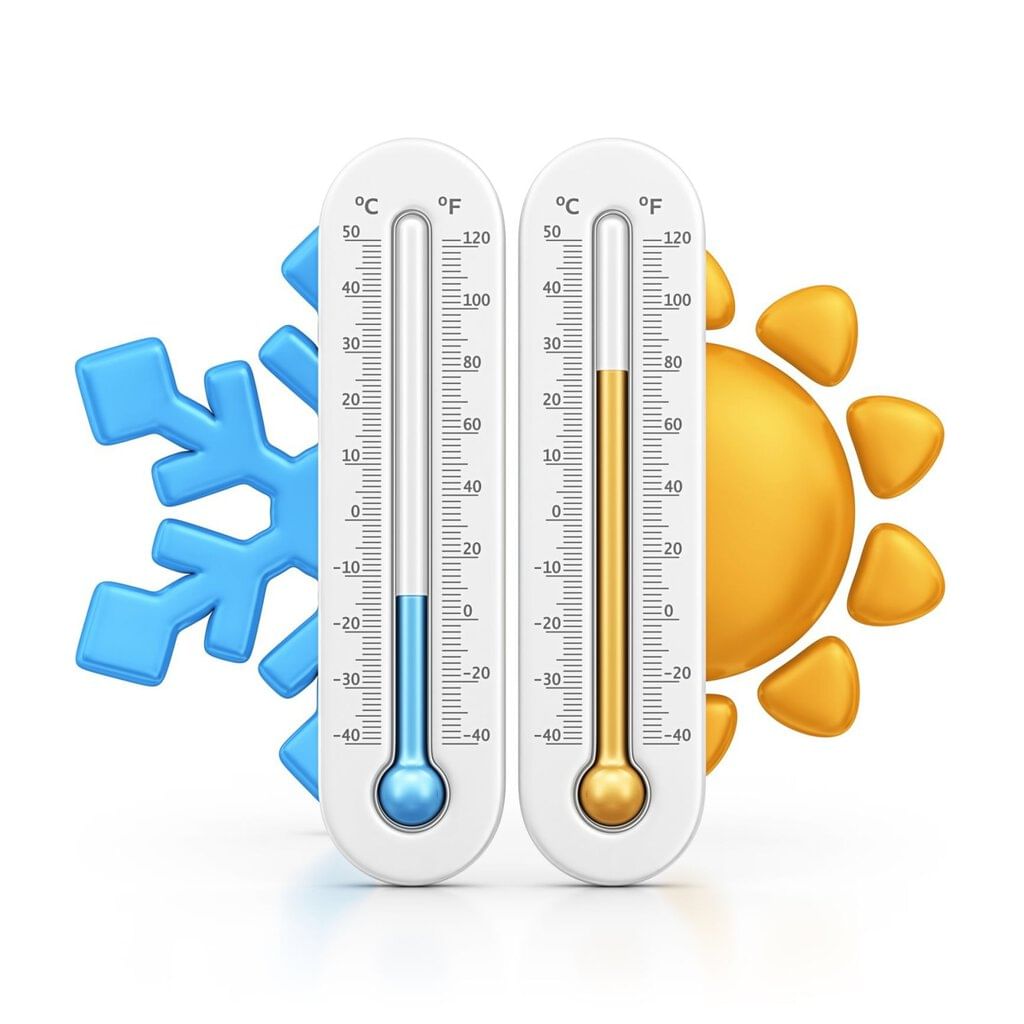 Q16: Give an example of a material around us.
Q16: Give an example of a material around us.
Ans: Metal keys
Q17: Why is knowing the properties of materials important?
Ans: Helps us sort and recycle them
Q18: What is the scientific method?
Ans: A step-by-step process that scientists use to find answers to questions and solve problems
Q19: What is the first step of the scientific method?
Ans: Observation
Q20: What do you do in the hypothesis step of the scientific method?
Ans: Make an educated guess about the answer to your question
Q21: What do you do in the experiment step of the scientific method?
Ans: Test your hypothesis by doing an experiment or making more observations
Q22: What do you do in the analysis step of the scientific method?
Ans: Look at the results of your experiment to see if they support your hypothesis
Q23: What do you do in the conclusion step of the scientific method?
Ans: Decide whether your hypothesis was correct based on the results of your experiment
Q24: Give an example of using the scientific method for a simple problem.
Ans: Pen stops writing
Q25: What is the first step when your pen stops writing?
Ans: Observation: The pen stops writing
Q26: What question might you ask if your pen stops writing?
Ans: Why did it stop?
Q27: What hypothesis might you make if your pen stops writing?
Ans: The ink finished
Q28: How would you test the hypothesis that the ink finished in your pen?
Ans: Check the ink refill
Q29: What would you analyze if your pen stops writing and the ink is finished?
Ans: The hypothesis is correct
Q30: What might you do if the ink in your pen is not finished but it still doesn’t write?
Ans: Make another guess (e.g., the ink dried up)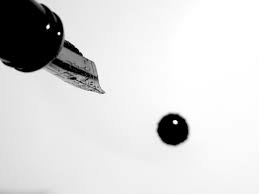
Q31: Why is the scientific method important?
Ans: It helps us find reliable answers and understand the world better
Q32: What is the driving force behind scientific discoveries?
Ans: Curiosity
Q33: What is the benefit of the collaborative nature of science?
Ans: Scientists work together to make discoveries, and you can too by working with your classmates
Q34: What does science help us do besides understanding the world?
Ans: Solve problems and improve our lives
Q35: What kind of environments does Earth have?
Ans: Different environments like forests, oceans, deserts, and wetlands
Q36: What is an example of an animal adaptation mentioned?
Ans: How a caterpillar turns into a butterfly through metamorphosis
Q37: What does a seed need to grow into a plant?
Ans: Water, sunlight, and nutrients from the soil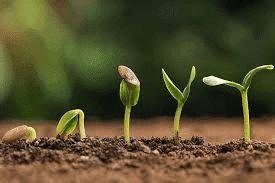
Q38: Why is it important to think about where each ingredient in a meal comes from?
Ans: To understand the origin and diversity of our food
Q39: How can water be enjoyable in our daily lives?
Ans: Playing in the rain or jumping in puddles
Q40: What does recycling involve?
Ans: Separating paper, plastic, and metal so they can be reused
FAQs on Very Short Question Answers: The Wonderful World of Science - Short & Long Answer Questions for Class 6
| 1. What are some examples of scientific phenomena commonly studied in a Class 6 Science course? |  |
| 2. How can students conduct simple experiments at home to learn more about scientific concepts? |  |
| 3. What is the importance of learning about the different branches of science in Class 6? |  |
| 4. How can teachers make Science class more engaging and interactive for Class 6 students? |  |
| 5. How can parents support their child's learning in Science class at home? |  |






















